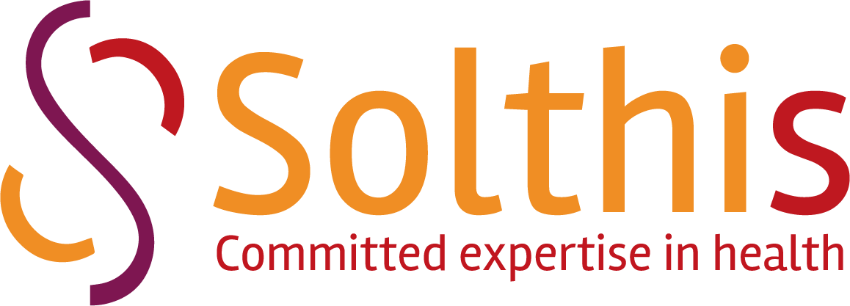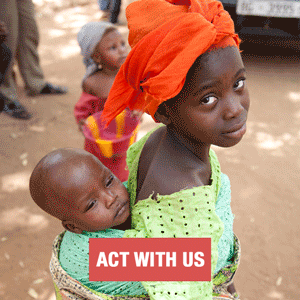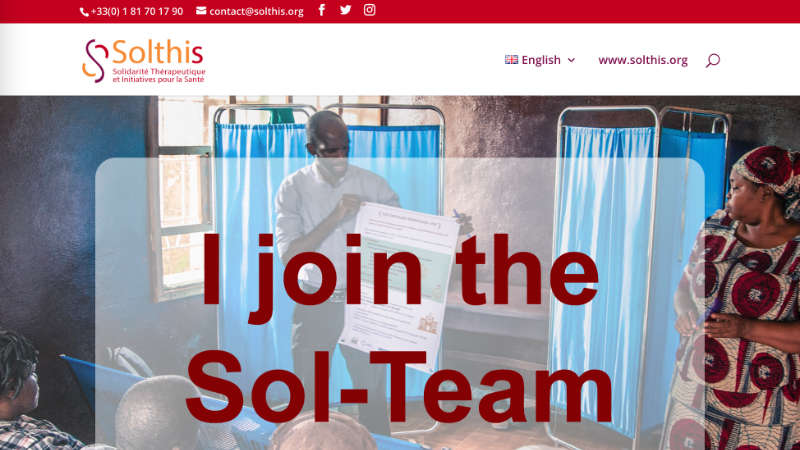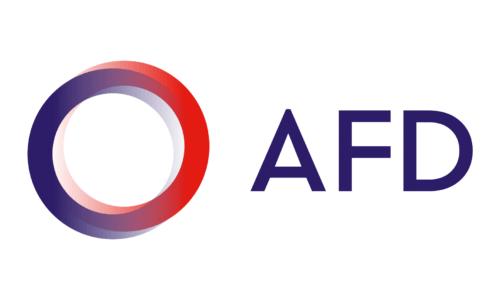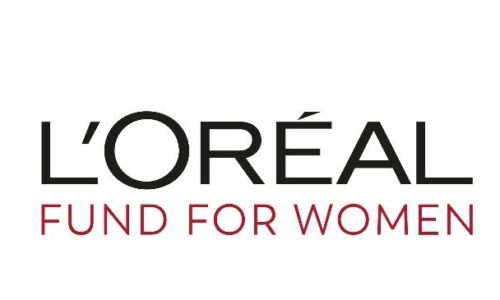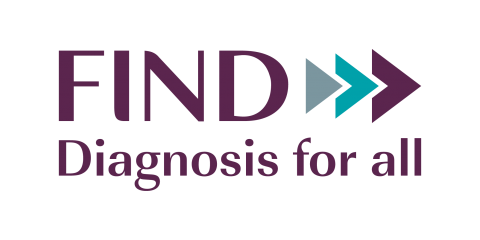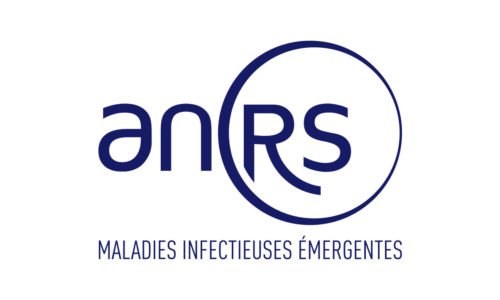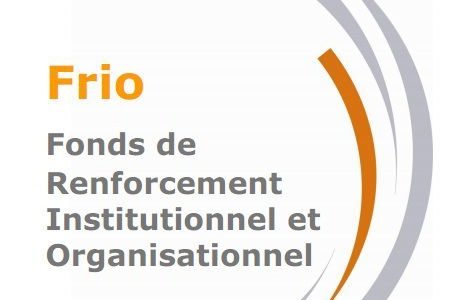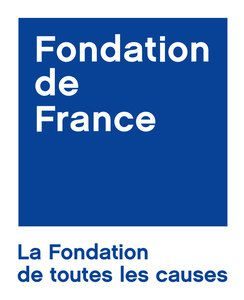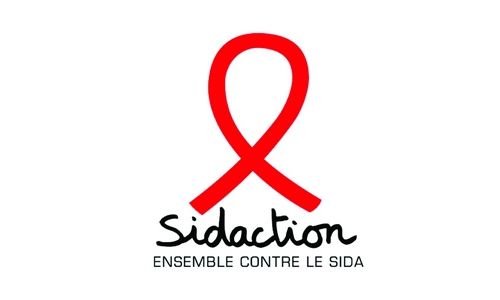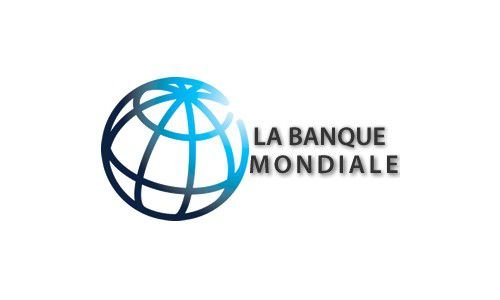Integrated Biological and Behavioral Survey (IBBS)- Support the National AIDS Control Committee and Cameroon National Association for Family Welfare (CAMNAFAW) in the implementation of the HIV/TB grant from the Global Fund for the 2021-2023 implementation period
Context
In Cameroon, the national strategic plan for the fight against AIDS 2021-2023, based on epidemiological evidence, analysis of the complementarity of funding and consideration of human rights and gender aspects, has identified eight types of priority populations, including five key populations considered to be most at risk and vectors of the epidemic. These are: adolescents and youth, sex workers (SW), men who have sex with men (MSM), injecting drug users (IDU) and transgender populations (TG). It is expected that by 2023, 80% of key populations will be using the combination prevention service package. In order to measure the results obtained in the framework of this program for key populations, the national authorities, together with the Global Fund, have planned to strengthen the monitoring and evaluation system of the community-based system and also to carry out a bio-behavioral survey among these populations in order to update epidemiological data and also to measure the effects of the various programs implemented in the country.
| Dates (beginning/end)
|
March 2022 – September 2022
|
| Source of Funding
|
Initiative – Canal 1
|
| Budget
|
158 260 €
|
| Country
|
Cameroon
|
| Beneficiary
|
National AIDS Control Committee et CAMNAFAW
|
General objective
To support the national AIDS program of Cameroon in the realization of a bio-behavioral study coupled with a mapping of key HIV populations (MSM, TS, IDU) and vulnerable adolescents and youth
Specific objectives
– SO 1: Develop the collection tools and documentation for the implementation of the survey
– SO 2: To ensure that the biological examinations included in the study protocol are carried out correctly
– SO 3: Analysis of quantitative, qualitative and biological data
– SO 4: Write the final report of the survey
PHASE 1: Support for tool development
– Develop questionnaires for each target group for quantitative data collection
– Develop interview guides for qualitative data collection and instruction manuals for interviewers and supervisors
– Develop training modules for interviewers and supervisors
PHASE 2: Training of interviewers and supervisors
– Train supervisors, quantitative and qualitative investigators and biological teams
PHASE 3: Support for data collection supervision
– Develop a deployment plan for investigators and supervisors
– Support the national team in the preparation of administrative notes for the administrative and health authorities in the regions and localities of the study
– Carry out some information and exchange missions in the regions and structures, associations or partners working with the target populations
– Ensure the proper management of samples in the field and their transportation
– Control the conformity of the recruitment procedures of the respondents
– Ensure the development of sociodemographic and biological databases, and progress reports on the data collection process
– Conduct data collection supervision missions
PHASE 4: Data analysis and report production
– Ensure the transcription of qualitative data
– Analyze and interpret the biological, qualitative and quantitative data
– Ensure the writing of the study report and participate in the validation of the study report
